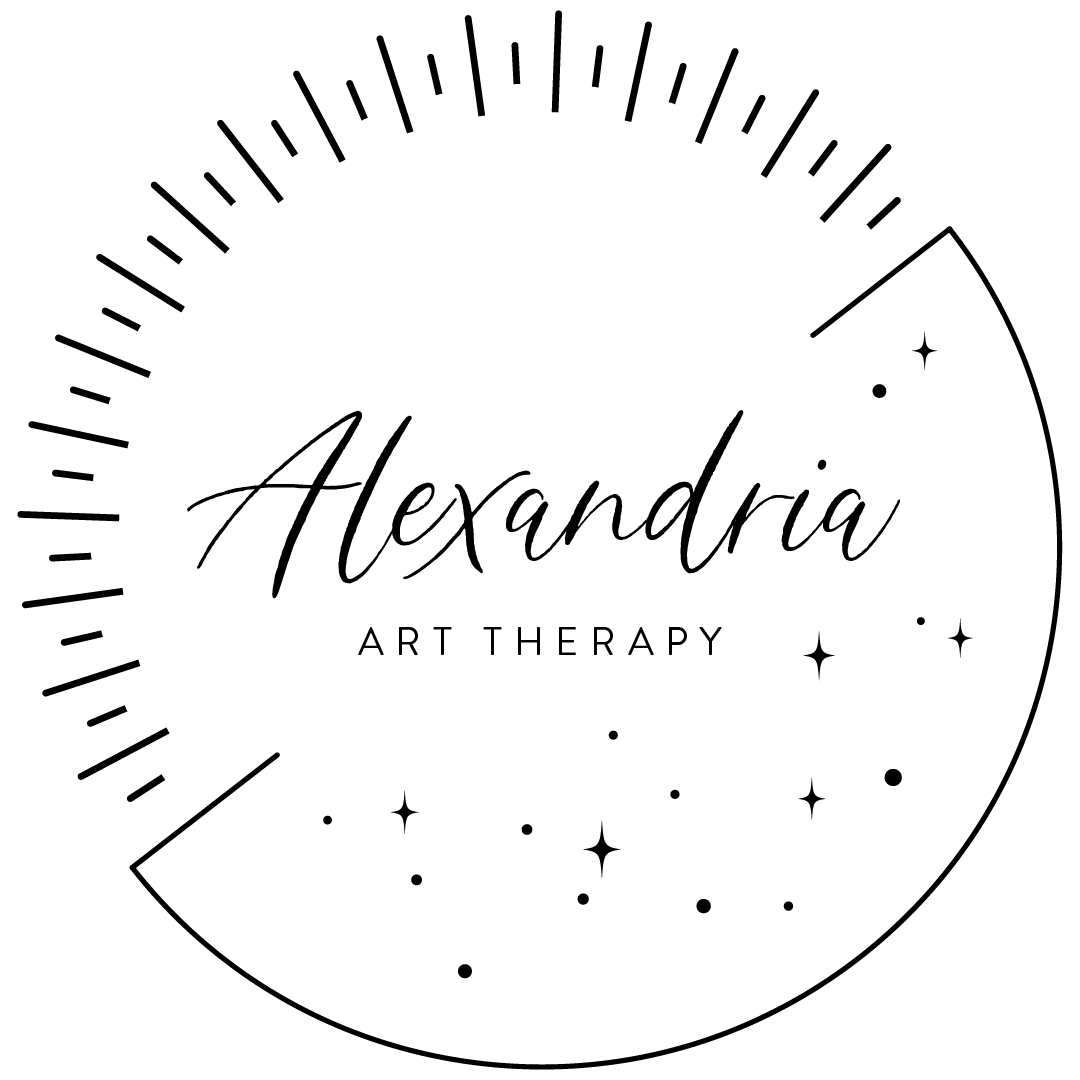How to Know if Art Therapy is Right for You
Is art therapy for me?
The short answer: yes. Art therapy can be a healing space for all individuals — all ages, all mental health needs, all life experiences. While some people come to art therapy through a referral or through their own research and curiosity, there are several other reasons you might consider scheduling your first session.
i tried talk therapy and couldn’t connect.
One of the most healing aspects in therapy is the connection between client and therapist. It is within this therapeutic relationship that a client can grow, practice healthy relationship patterns, and explore what is no longer working in your life.
Just like all therapists will not be the best match for all clients, talk therapy might not be the best fit for all clients. Art therapists use the art making process in therapy as an extension of the therapy relationship. The art speaks for the client, a tangible representation of your thoughts and feelings. If you tried talk therapy and it didn’t feel right, art therapy might be a better fit.
it’s hard for me to talk about my feelings and life experiences.
Perhaps you grew up in a household where feelings weren’t discussed. You grew into adulthood with a limited emotional vocabulary, and it’s difficult to explain how you feel. Your emotions might build up and feel overwhelming, but you haven’t found a way to express them that makes you feel any better.
Or maybe you grew up in an environment where the only “acceptable” emotion was happiness. Growing up, you didn’t learn that it was okay to feel angry, sad, or anxious. So you tend to disconnect from those feelings, distract yourself, or try to numb the uncomfortable emotions inside. You struggle to explain what’s going on or feel like something is “wrong” with you if you can’t “just get over” life’s challenges.
Art therapy provides a safe place for all emotions: the comfortable and uncomfortable. All humans experience all emotions, and there are no bad emotions—just uncomfortable ones. Having an outlet through artwork enables us to look at what’s going on and explore the full range of emotions and memories from a safe distance.
Art therapy can also be helpful for children. If you’re a parent and see your child struggling to express their emotions (or trying to cope with situations that seem too big!), art therapy can be a means of processing that feels very natural to kids. As Picasso famously said, “All children are born artists, the problem is to remain an artist as we grow up.”
I’ve experienced stressful and traumatic situations in my life.
Our brains are built to protect us. One of the ways in which we cope with stressful or traumatic experiences is by unconsciously (and automatically) engaging the body and brain’s trauma response. When this occurs, memories from the events are stored in our survival brain — an area of the brain that is sensory and lacks language. Have you ever noticed how evocative smells, sounds, textures, and images can be?
By using imagery to bypass the frontal lobe, that part of the brain responsible for logic and reasoning, we can tap into stressful experiences and create an opportunity for healing.
I connect with the creative process in my personal life.
If you identify as an artist, enjoy dabbling in a creative practice, or remember enjoying art class in school, art therapy can be a more comfortable way to express yourself. And think beyond studio art. If you have ever enjoyed practicing music, writing, dance, or any other expressive medium, you may find you also respond positively to creating with paints, clay, or collage. Use your strengths to help you grow.
I don’t really know what art Therapy is, but I’m intrigued.
You don’t have to have experience in art therapy, art, or therapy to get something out of working with an art therapist.
All that is required to participate in art therapy is the capacity to show up. Everyone walks through our door at different stages in their life and healing experience. We are here to greet you with unconditional acceptance, compassion, and validation. It is safe to look within, and we will support you through this exploration.
Ready to give art therapy try, or want more info? Send us an email at info@alexandriaarttherapy.com.


